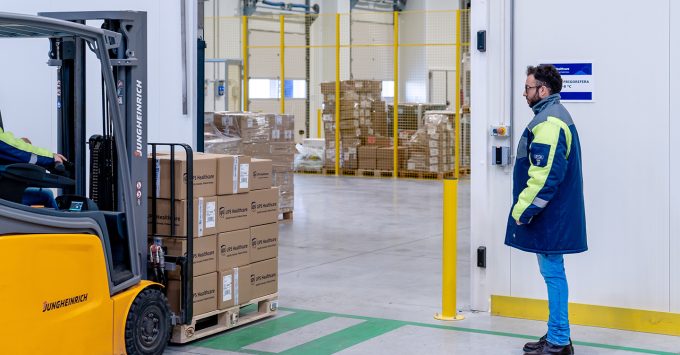UPS unveils 'game-changing' Global Checkout – no more surprise import fee
PRESS RELEASE UPS Unveils Game-Changing UPS® Global Checkout: No More Surprise Import Fees 03-26-2025 3 MIN READ Available ...

UPS’s expansion in the healthcare logistics sector is about more than a push to boost income from a profitable sector: the integrators are facing some difficult strategic choices.
Last week, UPS strengthened its position in the healthcare field in Europe with the acquisition of Frigo-Trans and its sister company BPL, which specialise in time-critical cold chain logistics and warehousing with temperature zones as low as -196ºC.
In light of the integrator’s previous moves in this arena, it was hardly surprising, but it ...
Volcanic disruption at Anchorage could hit transpacific airfreight operations
Macron calls for ‘suspension’ – CMA CGM's $20bn US investment in doubt
De minimis exemption on shipments from China to the US will end in May
Forwarders stay cool as US 'liberation day' tariffs threaten 'global trade war'
Trump tariffs see hundreds of cancelled container bookings a day from Asia
Mixed response in US to 'Liberation Day', while China leads wave of retaliation
Tariffs and de minimis set air freight rates on a volatile course

Comment on this article